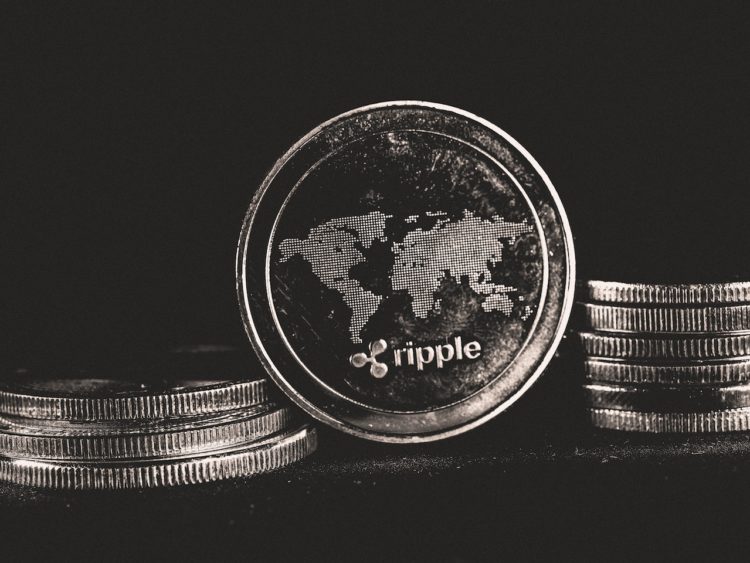- JPMorgan is making strides in the realm of digital finance with the development of blockchain-based deposit tokens.
- These tokens are designed to expedite settlements and payments for corporate clients and may introduce competition into the crypto tokens market.
In recent news on September 8th, JPMorgan is on the cusp of a groundbreaking development in digital finance. The financial giant is working on a deposit token built on blockchain technology, and although its launch is subject to regulatory approval in the United States, it holds the potential to revolutionize financial settlements, particularly for corporate clients.
🚀 J.P. Morgan is reshaping finance with a revolutionary blockchain deposit token. The big question: Could #Ripple‘s #XRP be the catalyst for this trillion-dollar market opportunity? 📷 #JPMorgan
Retweet, like and follow me for more exciting Ripple news! 👇👇👇 pic.twitter.com/2n9LNniFZH
— Collin Brown (@CollinBrownXRP) September 8, 2023

This deposit token differs significantly from stablecoins, a type of cryptocurrency typically issued by non-banking entities. What sets JPMorgan’s deposit token apart is that it will be issued by a depository institution, making it distinct from the bank’s existing JPM Coin. While JPM Coin facilitates transactions exclusively within the JPMorgan ecosystem, the new deposit token will extend its utility to transactions with other banks. Furthermore, it will find applications in various blockchain-based settlements, including tokenized securities trades.
One noteworthy aspect of this development is that JPMorgan has already made substantial progress. A pilot project featuring the deposit token was conducted last year in collaboration with the Monetary Authority of Singapore. Just like JPM Coin, the new token will strictly adhere to compliance measures, ensuring that all transactions undergo rigorous know-your-customer (KYC) and anti-fraud processes.
JPMorgan’s Deposit Tokens: A New Era in Finance
JPMorgan’s cautious optimism is evident as they acknowledge the potential benefits of deposit tokens while recognizing the need for thoughtful and diligent regulatory considerations. This move by JPMorgan enters the competitive landscape of crypto tokens designed to expedite financial settlements. Notably, PayPal recently introduced its stablecoin, PYUSD, to gain a foothold in this burgeoning market. Established players like Circle are also expanding their offerings to stay competitive.
Time for some wild speculation:
“Unlocking $120 Billion dollars in Cross-border payments. “
With legal clarity within the US through established broker dealers, why create your network ? https://t.co/WtsKXPFrJN https://t.co/lkZnjGP3XQ pic.twitter.com/7CiU3CE4nC
— Fredo Ayala 🏴☠️ 🪝 (@Fayala_brash) September 7, 2023
According to Umar Farooq, CEO of JPMorgan’s web3 arm Onyx, deposit tokens on public blockchains represent “the next step in the evolution of digitized commercial bank money.” While the system will only become operational once regulatory approval is secured, JPMorgan’s proactive approach suggests that it could have a transformative impact on cross-border transactions once given the green light.
This development marks a significant milestone not only for JPMorgan but also for the entire financial industry, indicating a shift toward blockchain-based solutions for faster and more efficient settlements.
- Invest in Ripple (XRP) and 70+ cryptocurrencies and 3,000 other assets.
- 0% commission on stocks – buy in bulk or just a fraction from as little as $10.
- Copy top-performing traders in real time, automatically.
- Regulated by financial authorities including FAC and FINRA.

Get Started
Crypto News Flash does not endorse and is not responsible for or liable for any content, accuracy, quality, advertising, products, or other materials on this page. Readers should do their own research before taking any actions related to cryptocurrencies. Crypto News Flash is not responsible, directly or indirectly, for any damage or loss caused or alleged to be caused by or in connection with the use of or reliance on any content, goods, or services mentioned.
Credit: Source link











































































































































